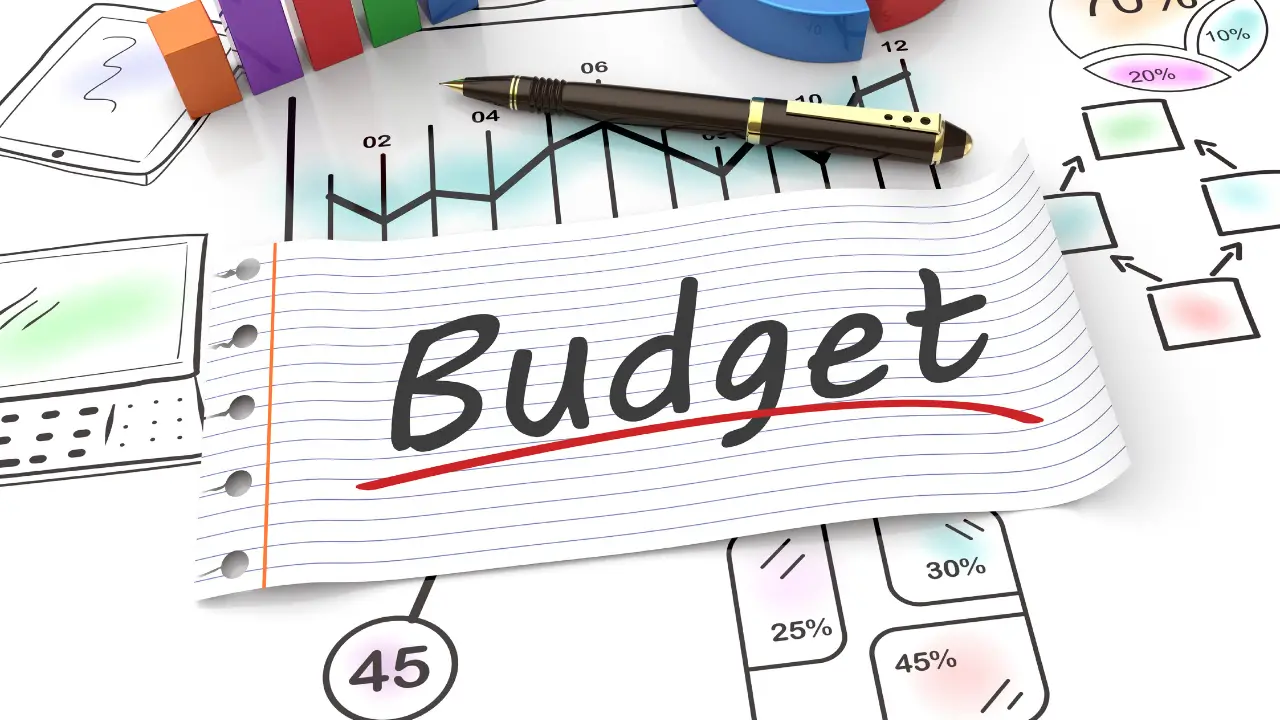10 Budgeting Finances Tips: How to Take Control of Your Money

Budgeting your finances can feel overwhelming, yet it’s also an incredibly empowering step toward achieving your financial goals. Whether you’re trying to save for a vacation, pay off debt, or simply feel more secure about your money, getting a handle on your finances is key. By following these ten budgeting tips, you’ll not only regain control but also relieve some of the financial stress that’s weighing you down.
1. Start with Setting Clear Goals
Before you even begin to budget, it’s crucial that you know what you’re working toward. Do you want to save for a down payment on a house, or are you focused on paying off high-interest credit cards? Without clear goals, it’s easy to lose motivation. So, take a deep breath, sit down, and clearly map out your short-term and long-term financial aspirations. When you have specific, measurable goals, you’re much more likely to stay on track and, most importantly, feel excited about reaching them.
2. Track Every Single Expense
You may feel like you have a rough idea of where your money goes, but until you start tracking every penny, you won’t have the full picture. Tracking your expenses will open your eyes to areas where you can cut back. Be it that daily latte or those online shopping sprees that seem small but add up quickly, seeing it all laid out will allow you to make more informed choices. Use apps or a simple spreadsheet, and soon, you’ll feel in control of where your money is really going.
3. Create a Realistic Budget
Budgeting doesn’t mean depriving yourself. It means making sure you’re living within your means while still enjoying the things that matter to you. A realistic budget takes into account all your fixed expenses like rent, utilities, and loans, as well as variable ones like groceries and entertainment. Be honest with yourself, and don’t set extreme limitations that will make you feel frustrated. By crafting a balanced budget, you’ll feel less stressed about your finances and more confident in your ability to stick to it.
4. Use the 50/30/20 Rule
This popular budgeting method simplifies the process. Allocate 50% of your income to needs, 30% to wants, and 20% to savings or debt repayment. This framework helps you manage your finances in a way that allows room for enjoyment while also ensuring you’re saving. You’ll feel the peace of mind knowing you’re covering your essentials while still having space to treat yourself and build your future.
5. Cut Out Unnecessary Expenses
This step can be emotionally tough, but it’s incredibly rewarding. Look for subscriptions you don’t use, such as streaming services or gym memberships. Do you really need to order takeout three times a week? By cutting unnecessary expenses, you’ll be amazed at how much extra money you can save every month. The freedom you’ll feel when your money starts working for you rather than being drained by things you don’t truly value will be priceless.
6. Build an Emergency Fund
Life is unpredictable, and an emergency fund can be a financial lifesaver. Set aside money each month for unexpected expenses, like medical bills or car repairs. Start small if you need to, but aim to have three to six months of living expenses saved up. Having this financial cushion will provide you with a sense of security, knowing that you’re prepared for whatever life throws your way.
7. Automate Your Savings
The easiest way to save money is to take the decision-making out of it. Set up automatic transfers from your checking account to your savings account each month. By automating your savings, you’ll ensure that your goals are being met without having to rely on willpower alone. As you watch your savings grow, you’ll feel an overwhelming sense of accomplishment, knowing that you’re making progress without even thinking about it.
8. Review and Adjust Your Budget Regularly
Your financial situation and goals will inevitably change over time. Maybe you got a raise, or perhaps your expenses increased unexpectedly. That’s why it’s important to review and adjust your budget every few months. By staying flexible and open to change, you’ll keep your budget in line with your evolving needs and continue to feel in control, even when life throws curveballs.
9. Be Patient and Stay Consistent
Budgeting is a journey, not a quick fix. You may not see results immediately, and it can be frustrating when progress feels slow. However, consistency is key. Stay patient, keep sticking to your budget, and over time, you’ll start to see significant changes in your financial situation. The sense of pride and relief you’ll feel when you realize how far you’ve come will make every effort worth it.
10. Celebrate Your Wins
Budgeting doesn’t have to be all about cutting back and making sacrifices. Make sure to celebrate your financial wins, no matter how small. Did you stick to your budget all month? Treat yourself to something nice! Reached a savings milestone? Celebrate with a dinner out. Recognizing your progress will keep you motivated and remind you that budgeting is not about deprivation—it’s about achieving financial freedom and peace of mind.
Conclusion
Budgeting isn’t easy, and it’s certainly not something that happens overnight. But by taking these ten tips to heart, you’ll feel more in control of your finances, more hopeful about your future, and most importantly, more confident in your ability to manage your money. When you stick to a budget, you’re not just saving money—you’re building a foundation for a brighter, more secure future. Take the leap, start today, and watch how empowering it feels to take control of your financial destiny!






